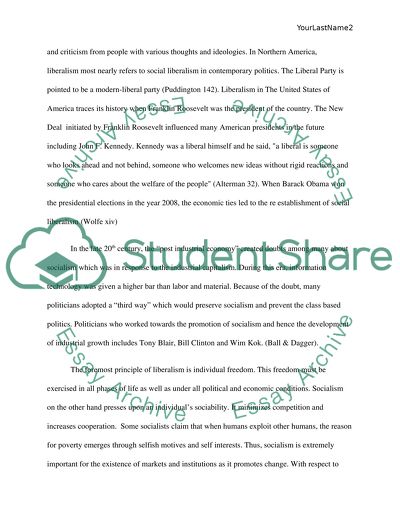Cite this document
(“Compare and Contrast Liberalism and Socialism Essay”, n.d.)
Retrieved de https://studentshare.org/history/1437837-compare-and-contrast-liberalism-and-socialism
Retrieved de https://studentshare.org/history/1437837-compare-and-contrast-liberalism-and-socialism
(Compare and Contrast Liberalism and Socialism Essay)
https://studentshare.org/history/1437837-compare-and-contrast-liberalism-and-socialism.
https://studentshare.org/history/1437837-compare-and-contrast-liberalism-and-socialism.
“Compare and Contrast Liberalism and Socialism Essay”, n.d. https://studentshare.org/history/1437837-compare-and-contrast-liberalism-and-socialism.


